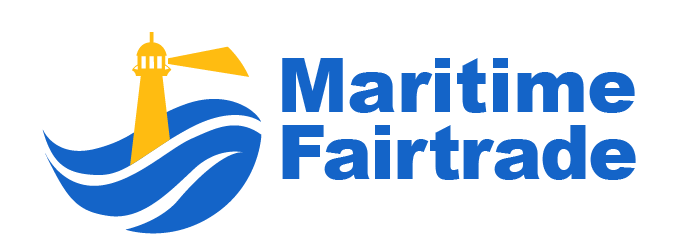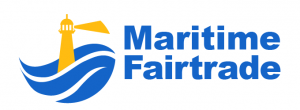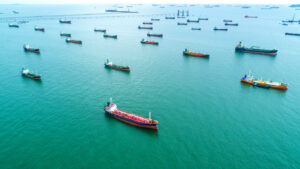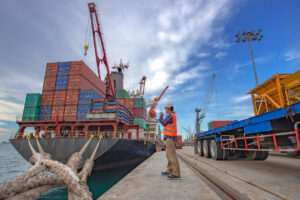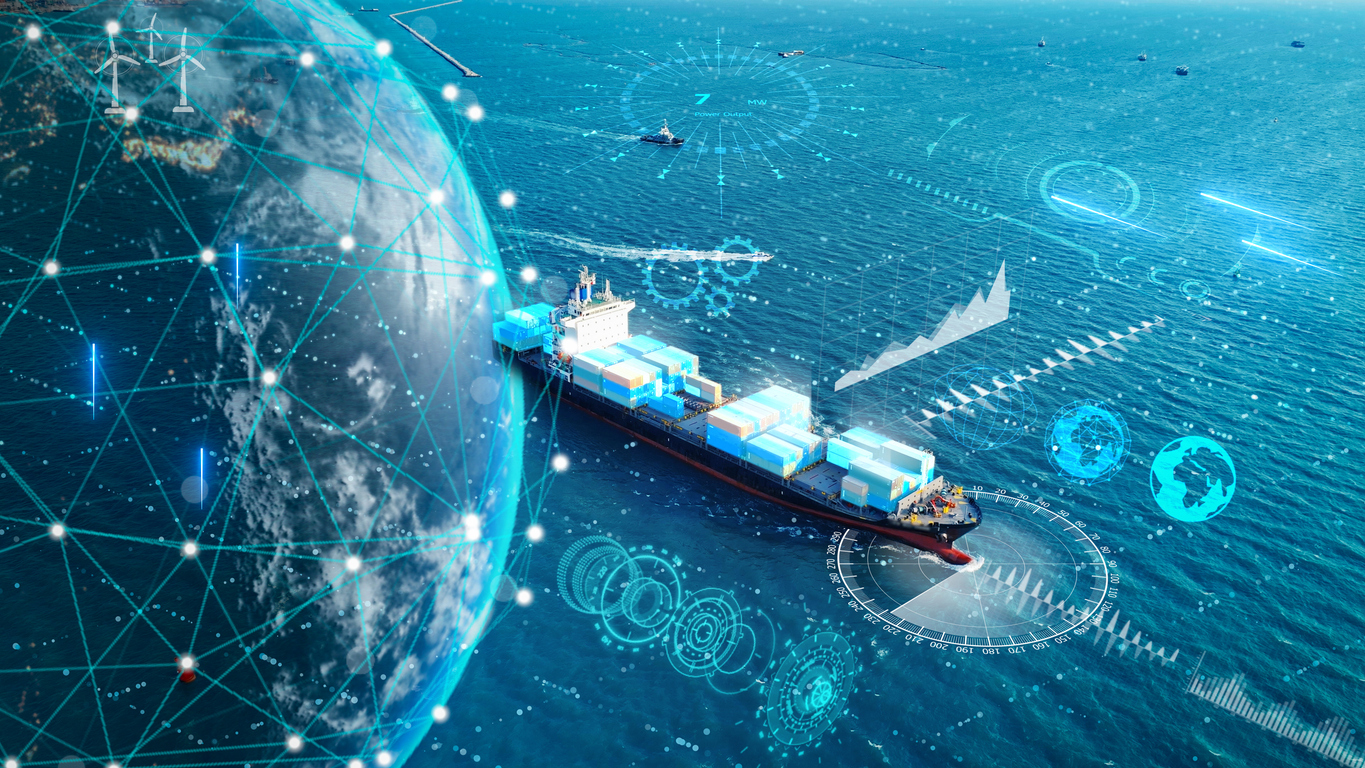Risks associated with the transport of chemicals and plastics in ever-larger container ships need to be addressed, say the authors of the first public study into the impacts on people and the environment of toxic chemicals released during X-Press Pearl disaster, where the vessel caught fire May 20, 2021 and sank June 2, 2021 off the coast of Colombo, Sri Lanka.
The report is published February 7 by International Pollutants Elimination Network (IPEN) and The Centre for Environmental Justice (CEJ).
Over 80 of the 1,486 containers on board the ship contained dangerous goods. Full details of the cargo are not publicly available, and no-one knows exactly what was spilled from the container ship. The ship was carrying 1,680 tons of plastic pellets. After the incident, dead fish, turtles, dolphins, and whales washed up on local beaches, along with huge quantities of plastic pellets. Fishing bans were imposed and clean-up operations began.
To better understand the potential toxicity of the plastic pollution, CEJ collected samples of pellets and ‘burnt lumps’ (plastic debris from the ship) from four coastal locations. The samples were analyzed for heavy metals, benzotriazole UV (BUV) stabilizers, per- and polyfluoroalkyl substances (PFAS), bisphenols, and polyaromatic hydrocarbons (PAHs).
The analytical results tell a tale of pollutants matching the complexity of the ship’s cargo. Importantly, they confirm that the consequences of the spill are not just physical hazards, but also chemical in nature.
The health and environmental effects of the different chemicals, metals, and plastics include corrosion, cancer, and endocrine disruption. For some of the substances present, no exposure limits can be considered safe; also, some of the chemicals persist in the environment. Particularly concerning were the levels found for PAHs, which far exceeded safe limits set in the EU.
In addition to assessing the chemical pollutants and their potential consequences, IPEN and CEJ met with communities in three affected coastal areas and conducted a survey with over 100 participants.
The fishing communities tell of lost income, destroyed nets, decreased catch, changes in the sea, and in some cases allergic symptoms following the accident.
“The X-Press Pearl disaster reveals the complexity of shipping chemicals. All steps should be under scrutiny to ensure this accident is not repeated. Our report shows these accidents have huge consequences on the environment and economies,” says Chalani Rubesinghe, project planning and management officer with CEJ.
Therese Karlsson, IPEN science and technical advisor, adds: “Around 90% of the world trade in goods is shipped by sea. As container ships are becoming bigger and transporting increasingly complex mixtures of chemicals, this incident must be considered the oil spill of our times. To protect coastal communities, it is therefore crucial that prevention, mitigation, and regulatory measures are adapted to tackle the risks associated with today’s shipping patterns.”
IPEN and CEJ point out that current legislation and practices are insufficient to mitigate the risks of poorly packaged chemicals and the sheer number of different chemicals transported by container ships.
The International Maritime Organization’s Maritime Safety Commission is currently discussing how to address the loss of plastic pellets at sea and better track containers lost at sea. Currently around 1,000 containers are lost each year.
Sri Lanka has submitted a proposal to classify plastic pellets as hazardous substances, and Vanuatu has presented one addressing the reporting of containers lost at sea.
“It is significant that developing island states located along the busiest maritime routes are taking a lead here. As global trade grows, their coastal communities are threatened by toxic chemicals and plastic pollution from shipping incidents that could cause them long-lasting or irreversible damage,” says Hemantha Withanage, Senior Advisor, Centre for Environmental Justice/Chairman, Friends of the Earth International.
